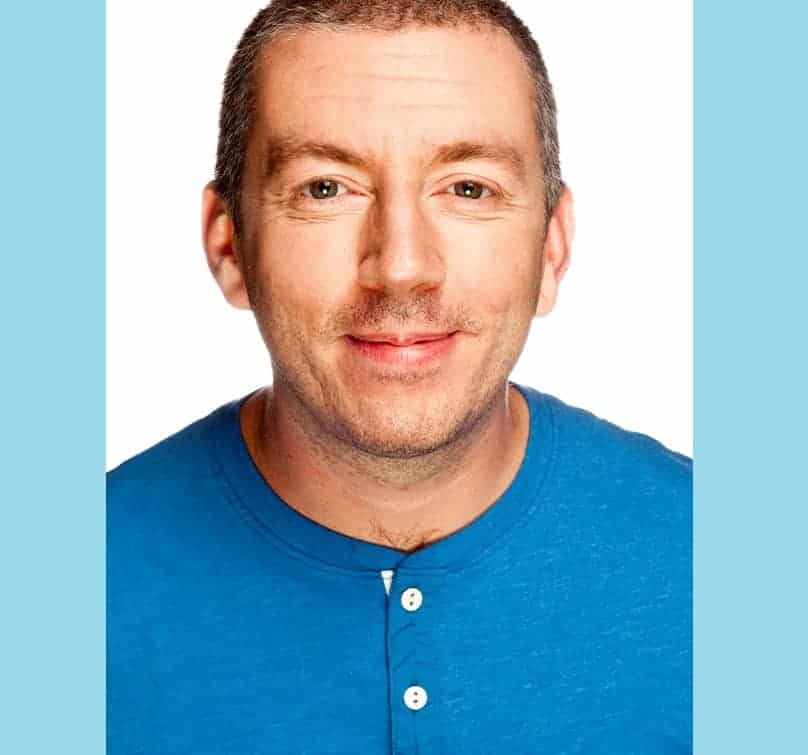Tell us a bit about your current role and the work which you do at the moment.
I’m a lecturer at Aston University in Birmingham, and I mainly do research and teaching. I research several topics, these days it is mostly in the statistics of ‘artificial intelligence’.
That is, I’m researching the mathematics needed to make machines understand data from the real world. Some of the problems include: how to make predictions about someone’s health from recordings of their behaviour from a smartphone in their pocket.
What was it that first got you interested in maths?
I worked in the video games industry before getting into academic research. I used to work mostly with making algorithms for processing sound effects and music, and it became obvious to me that mathematics is the way to describe how sound ‘works’. That is, how sound gets transmitted through the air, and how it reflects from surfaces, and how our ears pick it up and how our brain understands it.
The mathematics is really powerful because it allows you to control how realistic these sounds are in practice. But the mathematics is also quite beautiful.
How did you end up working in your current role?
After finishing a degree in mathematics at the Open University, I started a PhD at Oxford. I researched ways to analyze the sound of voice recordings. After my PhD I worked on a couple of research projects at Oxford, one was in predicting rainfall, and another was looking at signals recorded from living molecules. I then worked in the United States for two years, on methods for analyzing data from smartphones.
This all allowed me to build up experience of developing new mathematics for solving these analysis problems. That experience is what has taken me to my current job teaching and researching mathematics as an academic in Birmingham.
Tell us about what a typical day for you looks like.
Most of my day is spent reading and understanding mathematical research papers written by others, trying out new mathematical ideas as algorithms, and testing them out on data. I’m also running classes on mathematics, answering student queries and marking exam papers.
Then the rest of the time is spent answering a lot of emails, taking many conference calls with collaborators all around the world at strange hours of the day and night!
What do you like most about your career?
I like the freedom and the intellectual challenge. Most of what I do depends upon what interests me. I love mathematics, it is an infinitely deep topic, and I’m always learning new concepts. I have realized over the years that I have a lot of ‘excess brain power’ and unless this is constantly challenged, I get bored easily. So, I need to work on things that are extremely difficult for me to understand. My research provides plenty of difficult problems to solve, and I like to try to solve the most difficult ones!
Which achievement are you most proud of in your career to date?
I’m most proud of the advances I’ve been able to make in mathematical techniques for analyzing real-world data. There are lots of beautiful theoretical ideas around that can be used in practice, but most of it has not been properly explored.
What advice would you give to anyone interested in pursuing a similar career?
Get interested in mathematics; explore it as much as you can. It is the foundation stone of the modern world, and of reality. There is nothing like passion for a topic to keep you motivated. You have to care about something beyond your current job; you have to have a reason to justify your further exploration of the topic. The rest is really just putting in the necessary hours of study and developing familiarity with the concepts.






